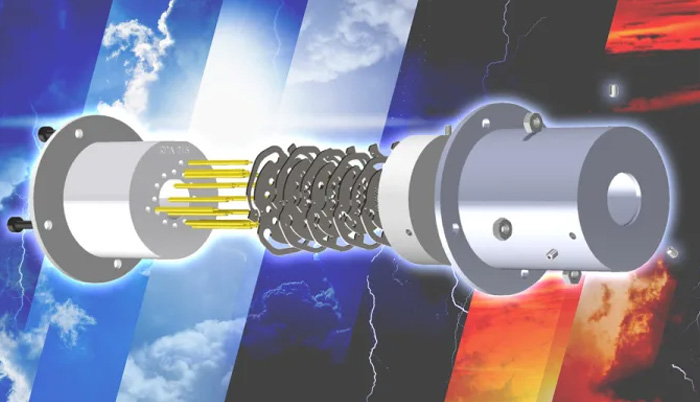![]() Home > Space & Science
Home > Space & Science
Researchers Created Low-Cost, 3D-Printed Plasma Sensors For Satellites

MIT
![]() July 28th, 2022 | 15:37 PM |
July 28th, 2022 | 15:37 PM | ![]() 714 views
714 views
ENGADGET
The sensors could accelerate climate change research..
Doing just about anything in space is expensive, but a group of MIT scientists has found a way to bring down some costs — and perhaps help accelerate climate change research. The team has developed what MIT said are the first 3D-printed plasma sensors for use in satellites. The sensors can detect the chemical composition and distribution of ion energy in plasma in the upper atmosphere.
The researchers used a printable glass-ceramic material called Vitrolite to make the sensors, also known as retarding potential analyzers (RPAs). It's said to be more durable than other materials that are commonly used in sensors, such as thin-film coatings and silicon. Using a 3D-printing method, the team created sensors with complex shapes that MIT said can "withstand the wide temperature swings a spacecraft would encounter in lower Earth orbit." Vitrolite can handle temperatures of up to 800 degrees Celsius without melting, while polymers used in other RPAs start to break down at 400 degrees Celsius.
That means these sensors could be a good fit for low-cost cubesats. When they're used on orbiting satellites, RPAs can carry out chemical analysis and measure energy, which can help with weather predictions and monitoring climate change.
The scientists claim the sensors perform as well as similar devices that use semiconductors and are made in a clean room. Assembling RPAs in a clean room is an expensive process that can take several weeks. Making them with 3D printers and laser cutting takes just days and costs "tens of dollars."
Luis Fernando Velásquez-García, a principal scientist in MIT’s Microsystems Technology Laboratories and senior author of a paper on the sensors, already sees room for improvement. He wants to reduce the thickness of the layers or pixel size of the glass-ceramic vat polymerization in the hope of creating more complex and precise devices. There's also the belief that "fully additively manufacturing the sensors would make them compatible with in-space manufacturing."
NASA has been working on space-based 3D printing for several years. It has printed wrenches on the International Space Station. As early as 2024, NASA plans to launch a demonstration spacecraft that can build, assemble and deploy a surrogate solar array to learn how the approach can benefit the Artemis program.
Source:
courtesy of ENGADGET
by Kris Holt
If you have any stories or news that you would like to share with the global online community, please feel free to share it with us by contacting us directly at [email protected]